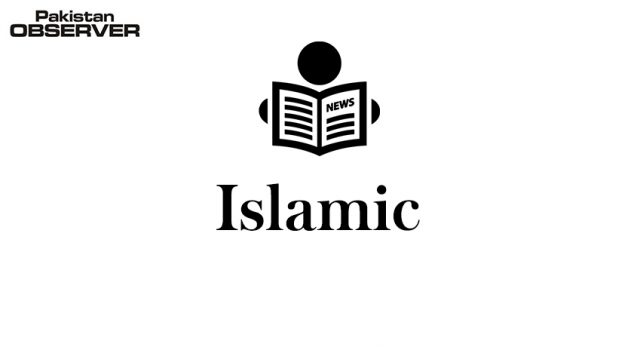Tourism and Creative Economy Minister Sandiaga Uno emphasized that his administration’s policies pertaining to halal tourism were oriented towards the expansion of services.
“Hence, we have focused for the last 18 months on improving Indonesia’s ranking in the Global Travel Muslim Index because we were knocked out of the top three. Thank God, we were given the number two ranking (in 2022).
However, we must not stop, we must hold hands and make it to the first rank,” the minister stated during a webinar on Islamic Digital Day 2022. Indonesia had been ranked second, with 70 points, in the Global Travel Muslim Index 2022. In 2025, he aimed for Indonesia to garner 75 points to overtake Malaysia that stood first. In 2020, Indonesia also became the largest halal consumer market in the world, with the contribution of halal product consumption reaching US$184 billion.
Moreover, the state contributed as a producer of halal products. “The progress of Indonesia’s Islamic finance ecosystem is reflected in Indonesia’s achievement as a country that has the best Islamic finance ecosystem globally. This is based on the Islamic Finance Country Index in 2021,” the minister noted.
Uno remarked that the COVID-19 pandemic had transformed the world digitally, with the involvement of 204.7 million internet users in Indonesia and an internet penetration rate of 73.7 percent. Digital transformation also led to a new ecosystem that was more open and equitable in terms of marketing and distribution through the cyberspace. These opportunities were considered as an opportunity for the Islamic economic sector to develop.—ANTARA










